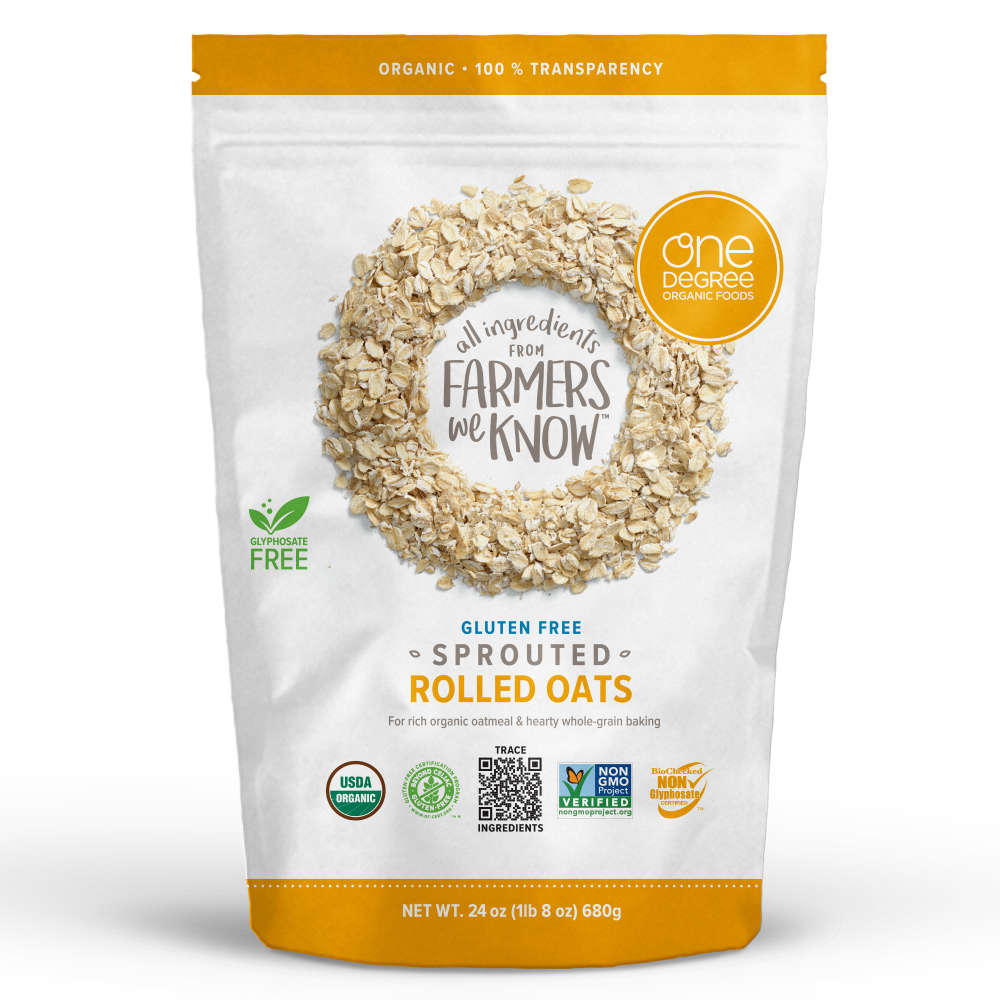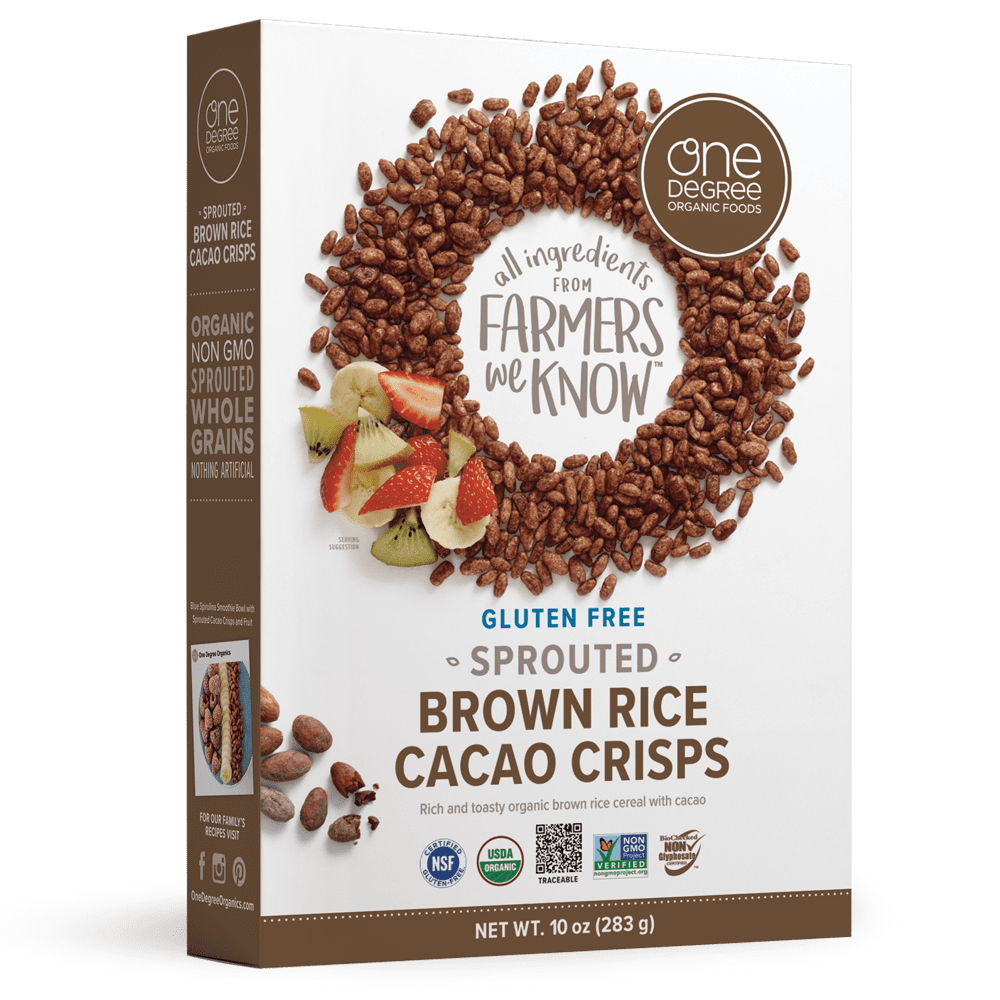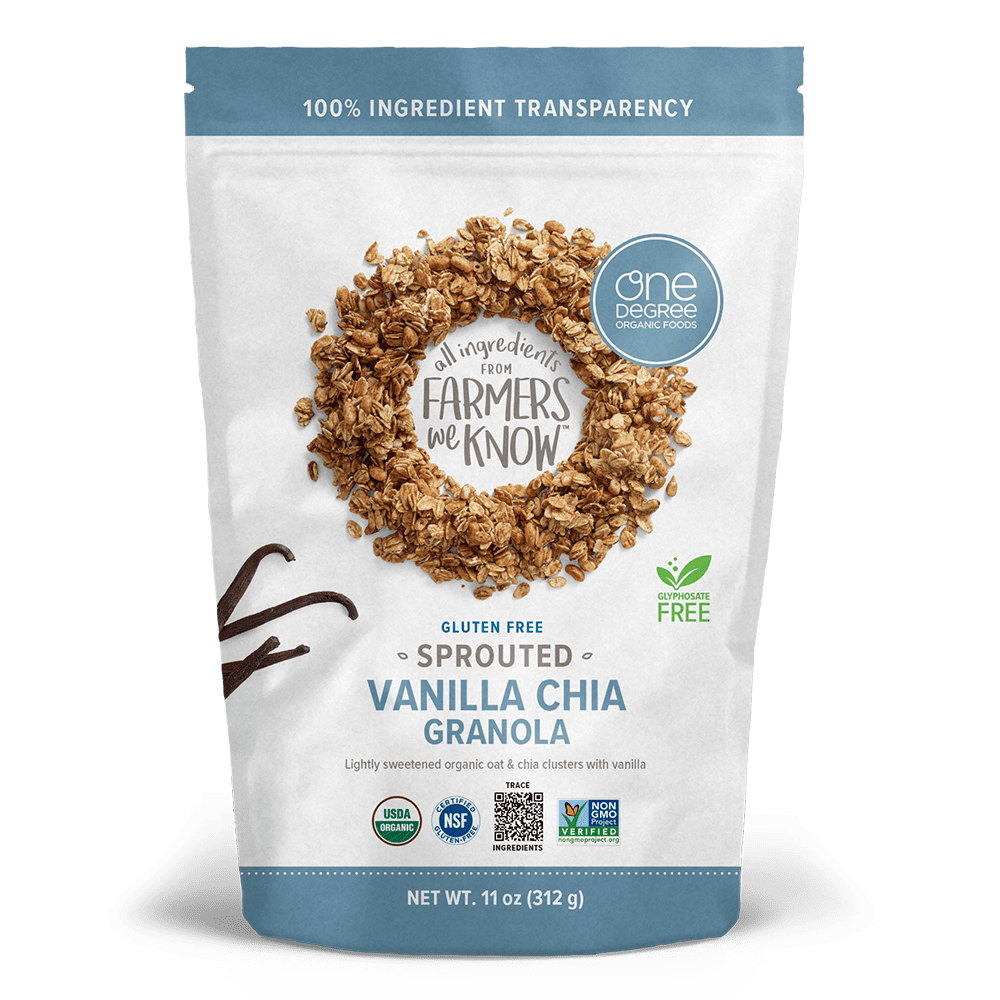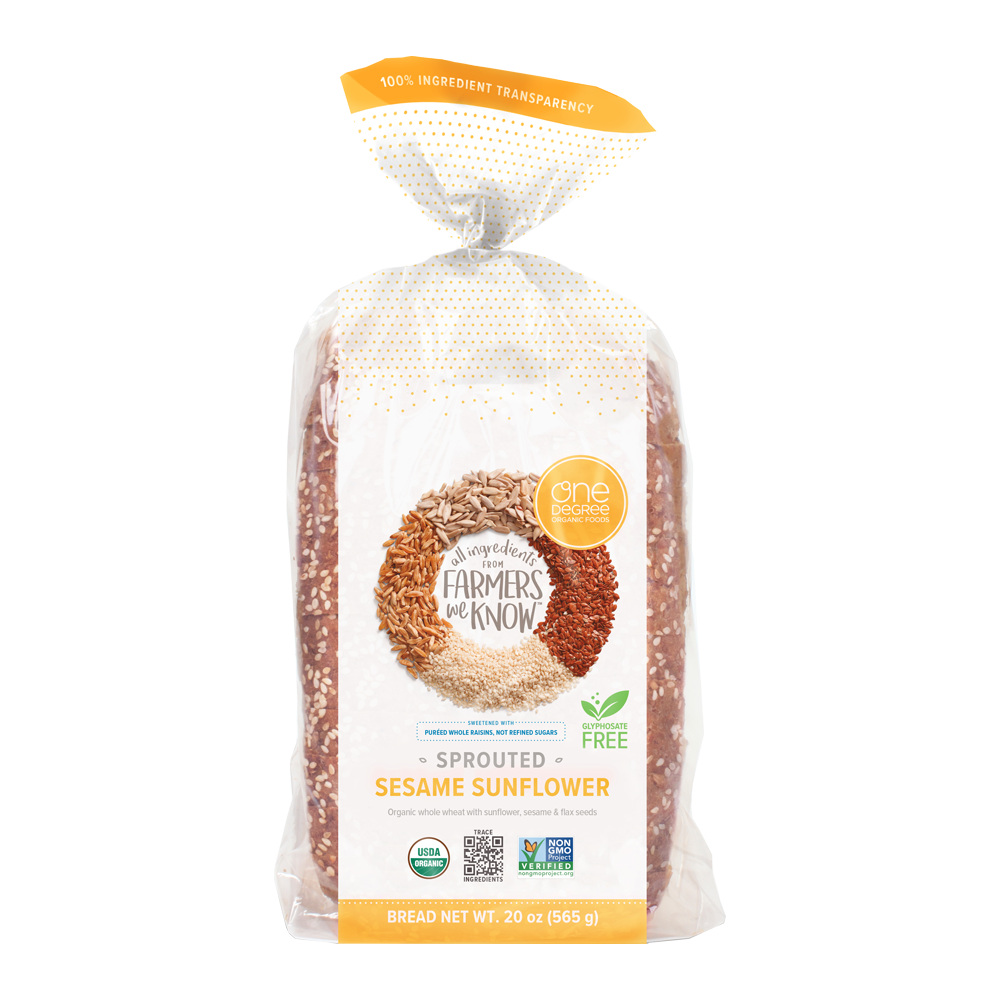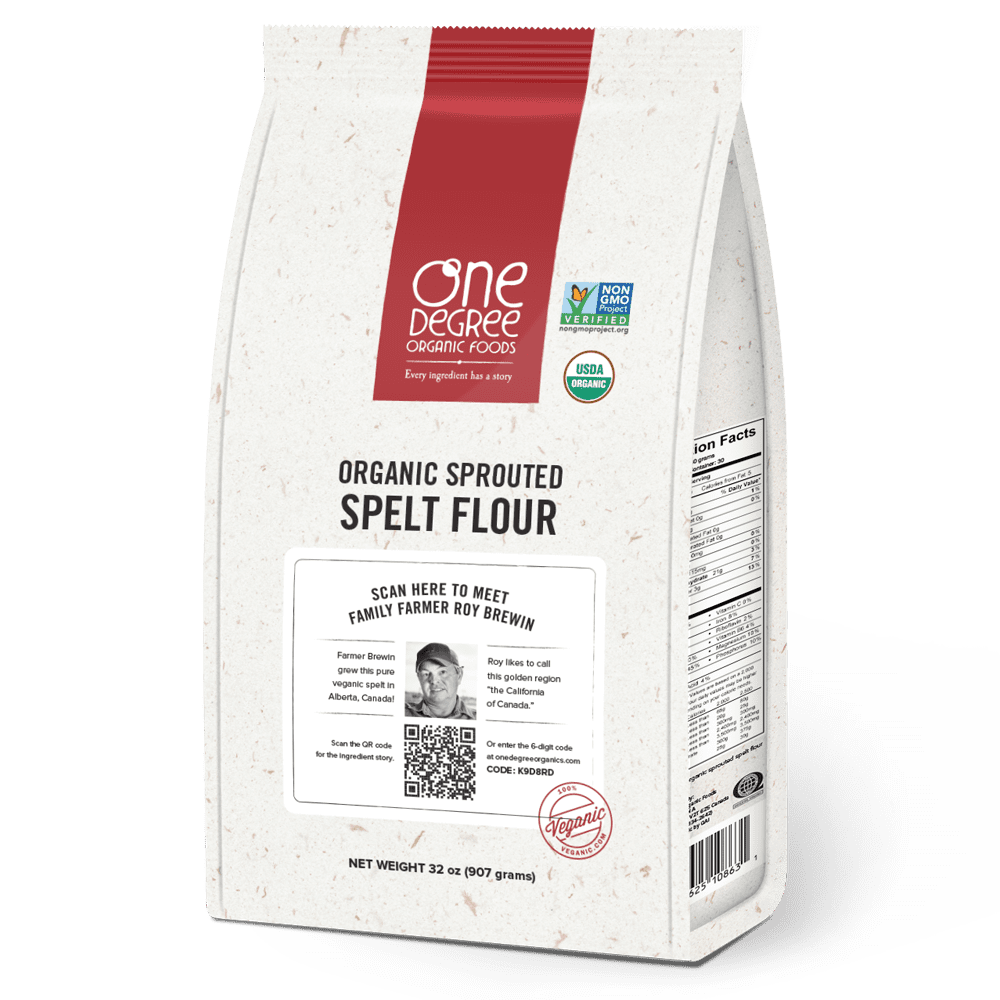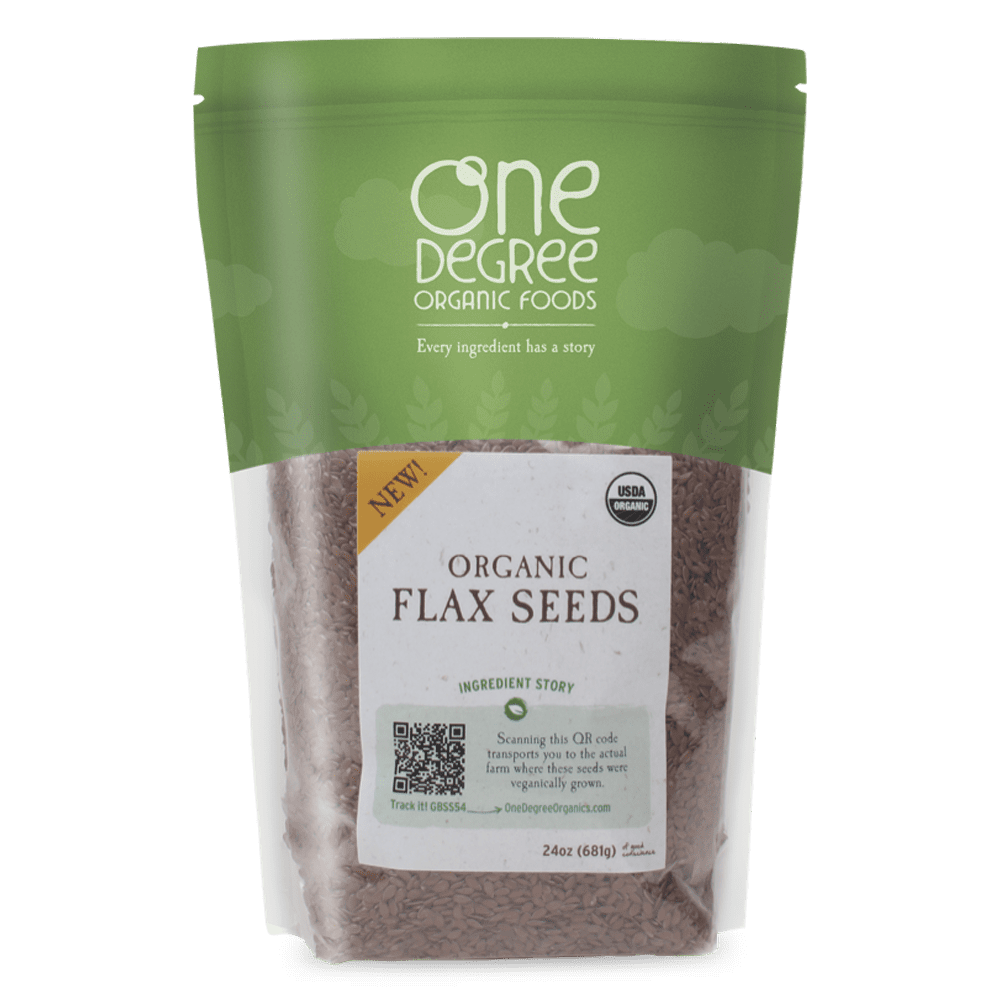Yeast
Pacific Fermentation
Unwrapping a colorful package of One Degree bread is, for a vivid imagination, a bit like raising the curtain on a symphony for the senses.
Khorasan plays a stately French horn, spelt soars on cello, and sweet veganic raisins add a sprightly lilt on oboe. But it’s yeast that orchestrates the final crescendo. Deep within ovens, this unsung ingredient brings the classic composition together, swelling dough into warm loaves ready to be sliced, savored and remembered.
At center stage stands Dr. Sai Lee, the maestro responsible for the quality and outstanding performances of this rhapsodic yeast. A microbiologist by training, he selected the perfect ingredient for growing yeast — molasses — and the best non-GMO source for creating molasses that he could find: pure Hawaiian sugar cane.
That choice was emblematic of Dr. Lee’s penchant for scrutinizing details while also considering long-term consequences. Competing yeast producers often use beet sugar or high fructose corn syrup made from corn starch as a raw ingredient. Genetic modification of corn, of course, has been extensive; and just last year the USDA approved the planting of a GMO “Roundup ready” variety of sugar beet. Maintaining a wholly non-GMO facility is a top priority for Dr. Lee and his company, British Columbia-based Pacific Fermentation.
“The good thing about the molasses is basically it supplies all the required materials that the yeast would need,” Dr. Lee explains with the enthusiasm you would expect from an innovator who sometimes spends 36 hours at a stretch overseeing production.
“Basically the yeast is a very, very simple organism. You only need a carbon source, which comes from molasses. You need a phosphate source, which is also present in molasses. You also need a nitrogen source, which also comes from molasses. Between the carbon, nitrogen and phosphorus, you build up a protein block, and that’s what makes it grow. Of course the biggest bulk of the carbon source is in the form of the sugar.”
Dr. Lee is proud of the fact that his family business is able to thrive in competition with large industrial food companies. “We put 120 percent into whatever we do,” he says. “That’s the biggest advantage of being a small company, you put full attention to what you do at all times and try to provide the best product, the best price and the best service for the customer.”
It helps to be an undisputed expert in your field, too. Dr. Lee has a doctorate in microbiology from McGill University in Montreal, and has decades of experience working in yeast production at facilities around the world. Once, working in Mauritius, off the South African coast, he devised a remarkably intuitive system for conserving the local resources. His facility captured the liquid by-product from centrifugal separation and used it to fertilize the sugar cane field that was supplying the raw material for growing the yeast. Dr. Lee was living, imagining and acting on sustainability long before it became the fashion.
He also has a lifelong commitment to keeping the list of production ingredients simple, with no artificial additives of any kind. Unlike many food conglomerates, Pacific Fermentation doesn’t believe in introducing experimental compounds into what is essentially a very simple process. “The biggest problem is they do not know the ultimate effect on human beings, the long-term effect,” he says.
This guiding belief in simplicity is a key reason there is such a natural fit between Pacific Fermentation and One Degree, not to mention the other great themes in Dr. Lee’s opus: the shared values of transparency, environmental consciousness and ingredient integrity. The result is a beautiful resonance, as inspiring as a rising crescendo, and as sweet as molasses.
— Charlie Dodge
